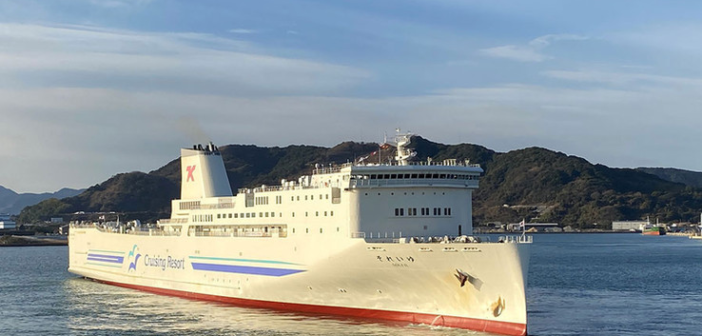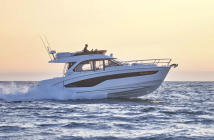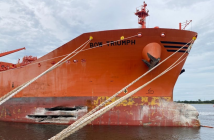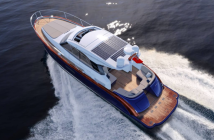What claims to be the world’s first autonomous ship has completed a 149-mile trip and then docked itself, without any human intervention.
The 728-foot, 15,000-ton Soleil ferry navigated Japan’s Seto Inland Sea with a cargo of cars and reached speeds of 26 knots entirely on its own, setting a milestone for autonomous boating.
Autonomous boating is still in infancy stage and has to operate under international regulations. Soleil had crew of seven on board for its autonomous run but they didn’t do anything.
Mitsuyuki Unno, executive director of the Nippon Foundation, said, “I hope this will lead to further development toward practical use. There are still many issues to be resolved, however, and I believe today’s results will be a guide toward the creation of international rules for fully autonomous vessels.”
The Soleil was part of Japan’s Smart Coastal Project and used technology from the Mitsubishi Shipbuilding Company and the Shin Nihonkai Ferry Company. The project is part of The Nippon Foundation’s autonomous navigation development.
Soleil was launched last July, with a human crew, while its Super Bridge-X autonomous navigation system compiled data that was used in the fully autonomous voyage. The system uses GPS, of course, plus an array of infrared cameras to detect other ships and obstacles.
The Super-Bridge-X system also monitors the engines and mechanical systems and controls the docking procedure, even turning and reversing the ferry when it arrived at its destination.
Mitsubishi says it hopes that autonomous systems can help increase maritime safety and reduce operating costs. Most international marine laws require that a captain and some crew are on board for a ship to enter a commercial harbor. And in the short run, it seems that a captain and crew should be on the ship to handle any glitches in the autonomous system.
Meanwhile, Rolls Royce and Intel are developing autonomous systems for commercial ships; they hope to have a fleet ready by 2025. On the recreational boating front, Volvo and Brunswick, among other companies, have developed docking systems that are almost autonomous right now. Read more:
https://newatlas.com/marine/smart-coastal-autonomous-ferry/




